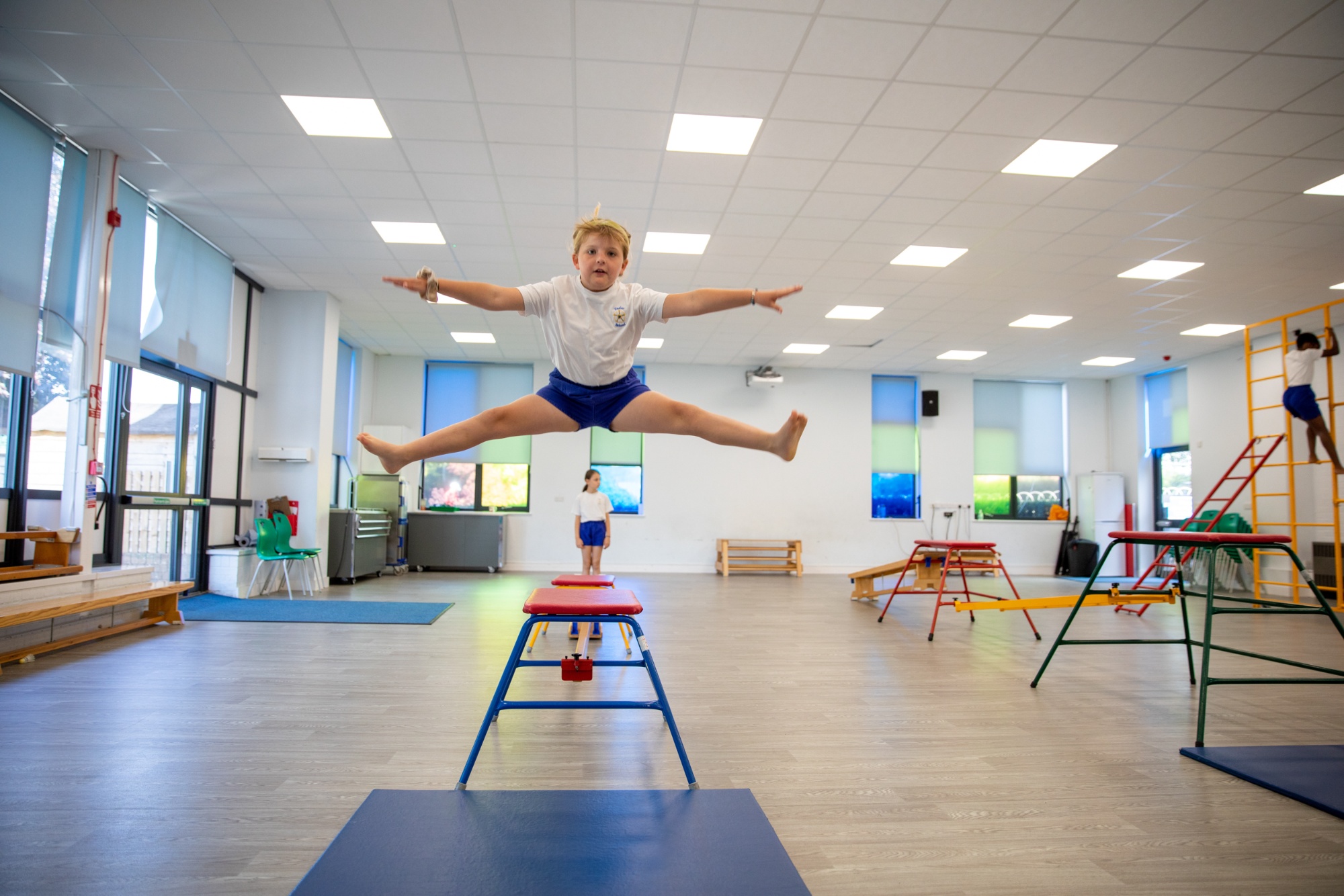Coping & Wellbeing During Covid-19: we remain #TeamTudor
Looking after yourself…
Everyone will be affected in some way by this pandemic. The experience will be different for each individual and may change from day to day and across weeks as people adapt to changing circumstances. It is completely normal for different people to respond differently, and it is okay for people not to feel okay.
Reactions that people might experience include:
• Increased tiredness: due to the mental workload and additional stress and anxiety associated with Covid-19 and adapting to a changed situation.
• Feelings associated with loss (of routine, of important planned activities, or due to a bereavement): anger, sadness, low mood, shock, denial, numbness and moving between different emotions.
• Emotional effects of being in quarantine, which might include boredom, depression, exhaustion, avoidance, detachment from others, anxiety, irritability, insomnia, confusion, anger and helplessness.
• Job stress related to compromised ability to do the job, lack of control over work, reduced concentration, and blurred boundaries between home and work.
• Post-traumatic stress responses as a result of exposure to the news, actual experienced events, or feelings of threat: this may be noticed as changes in cognition, mood, arousal and reactivity; avoidance of certain situations; and intrusion of thoughts, images or memories.
• Positive effects such as renewed commitment to work, personal and professional growth, increased voluntary efforts, a sense of meaning and life and feelings of gratitude, strength, hope and love.
Healthy habits
There are daily supports you can put in place which will help to protect against some of the negative psychological impacts of the pandemic:
• Build structure into your day to maintain some routine, this could include a transition routine between home and work tasks.
• Aim to keep regular sleep and wake times and take other steps to maintain good sleep hygiene (https://www.sleepfoundation.org/articles/sleep-hygiene).
• Allow yourself breaks in between work tasks.
• Maintain healthy food, drink and exercise goals.
• Reduce your exposure to the news, especially if this is something that causes anxiety: limit it to one or two times a day, at times when you are less likely to ruminate on information.
• Accept that things are out of your control and that they will not last forever. Focus on what you can control.
• Practice self-acceptance and have realistic expectations and standards for yourself – you can only be ‘good enough’.
Helpful Ways of Coping
Maintain balance in your life
Wellbeing comes from living a life with a balance of activities that give you feelings of pleasure, achievement, and closeness. Humans are social animals – we need connections to thrive and flourish. We would recommend trying to do at least some activities that are social and involve other people. Have a look at the activity menu that can be downloaded from this area of the website.
Five Ways to Wellbeing
The following are evidence-based strategies identified to support wellbeing:
1. Connect: Find virtual ways to spend time with family, friends and colleagues.
2. Be Active: Plan daily exercise outside or using online videos or other indoor exercise options.
3. Take Notice: Practise being mindful of your own body and the environment around you.
4. Learn: If you have extra time, use this to try something new or focus learning on your role (e.g. new technology, ways of teaching) or wellbeing.
5. Give: This could include practical support as well as offering encouragement, time and expressions of gratitude to others.








